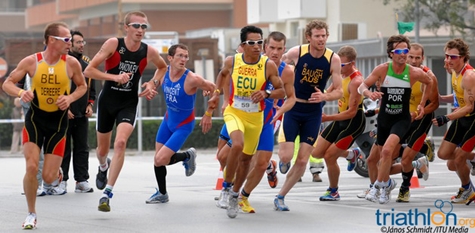People who exercise more tend to have longer telomeres
A new study published in the British Journal of Sports Medicine has found that less time spent sitting may lengthen telomeres and protect DNA from age-related damage.
Telomeres are sections of DNA that protect the ends of chromosomes from damage during cell division. Telomeres tend to shorten with age. Research has linked shorter telomeres with shorter life spans.
Lifestyle can impact our DNA health. For instance, it has been shown that bad diet and smoking damages DNA.
Previous research has shown that people who exercise more tend to have longer telomeres.
This current study by Swedish scientists have found that a less sedentary life may lengthen telomeres enhancing longevity and life quality. Accoridng to lead author Mai-Lis Hellenius, MD, PhD, a professor in the Department of Medicine, Karolinska Institutet, Karolinska University Hospital, Stockholm, Sweden, "Long telomeres are linked to a longer, healthier life."
Other research has also shown that people who spend more time sitting have shorter lives, regardless of whether they also exercise regularly. Therefore, "it's important to break up sedentary time and take a break for 1 or 2 minutes every 30 minutes" said Dr. Hellenius.
Also regarding cellular level impacts on longevity, theories have developed regarding the key role Mitochondria play in the aging process. Mitochondria are organelles separately enclosed by their own membrane within a cell. See Mitochondrial Theory of Aging
More about Ralph Teller. See Ralph's 1Vigor Log Calendar.






